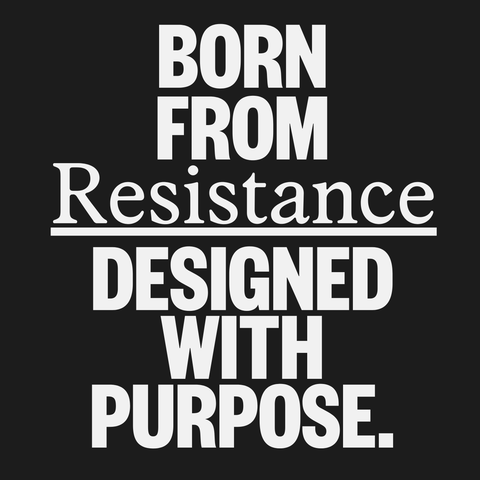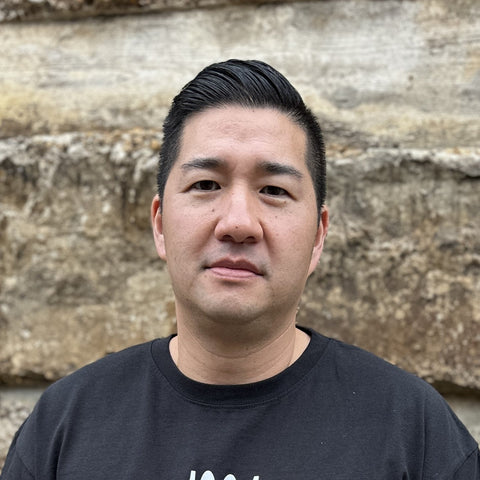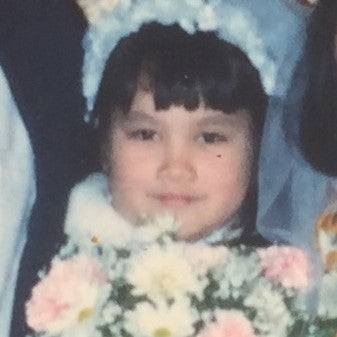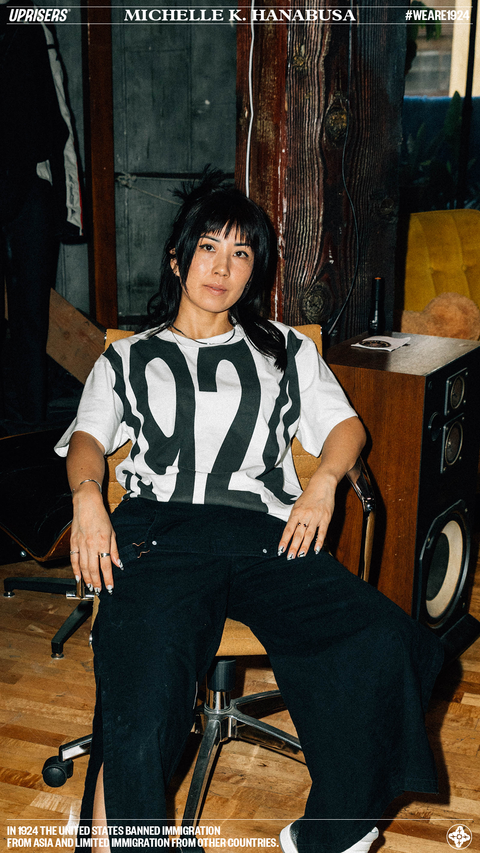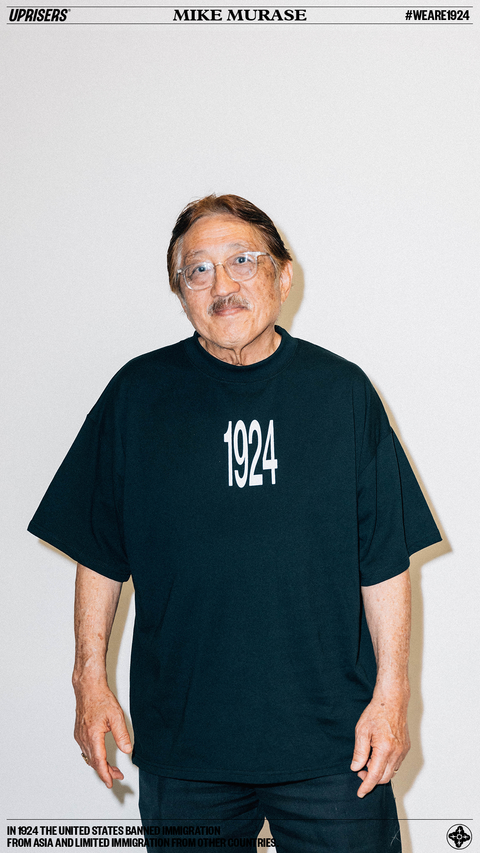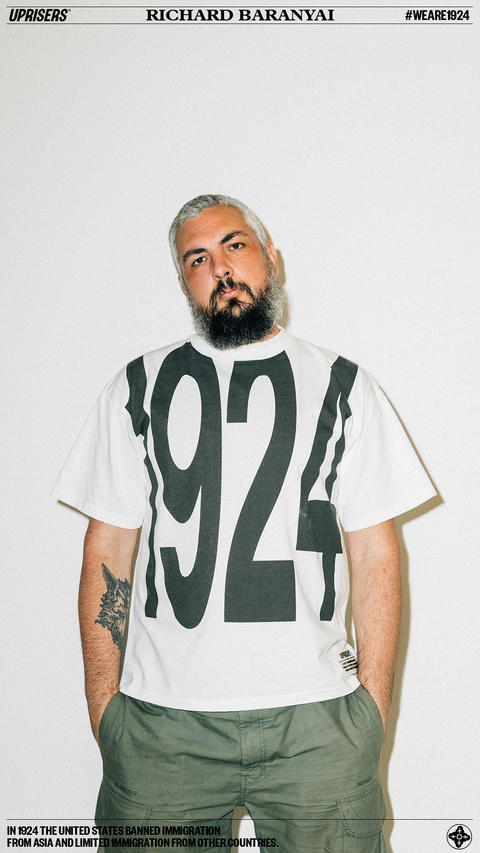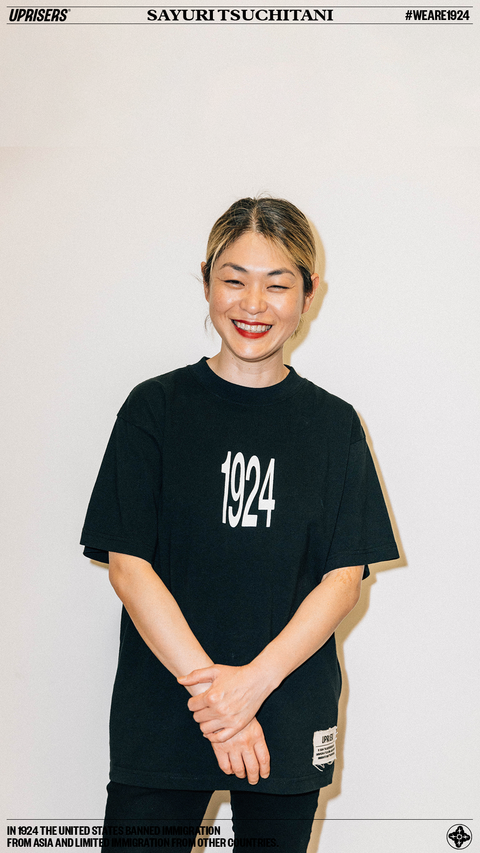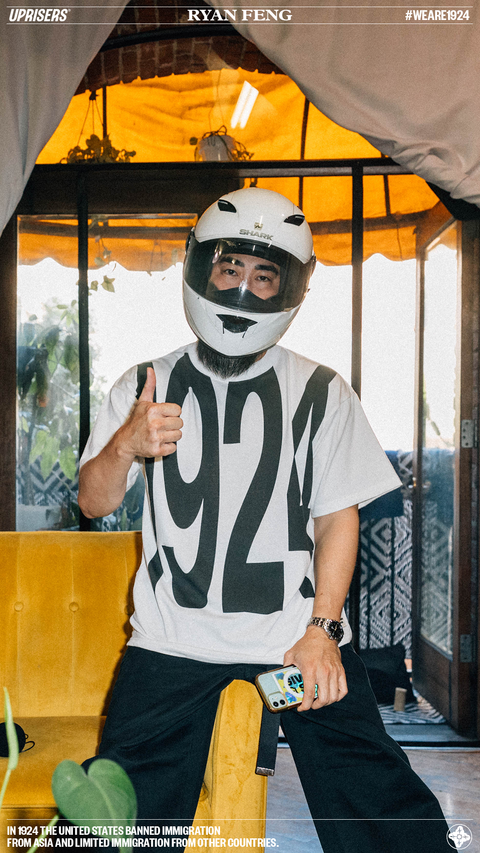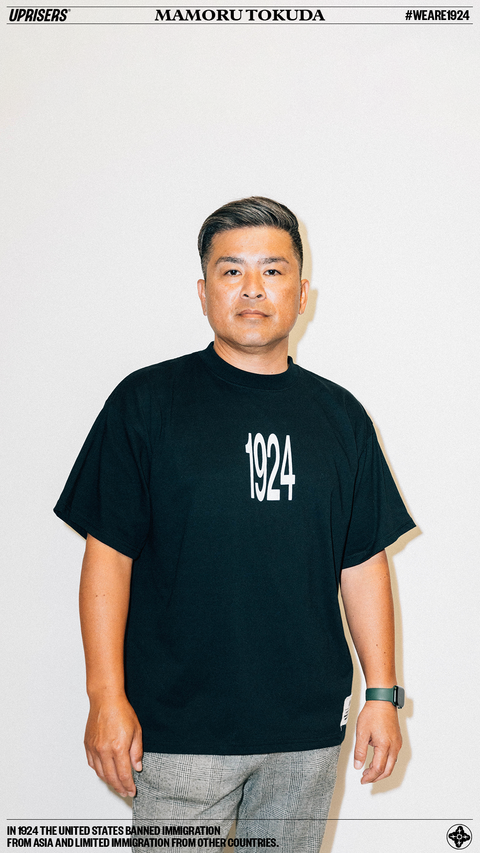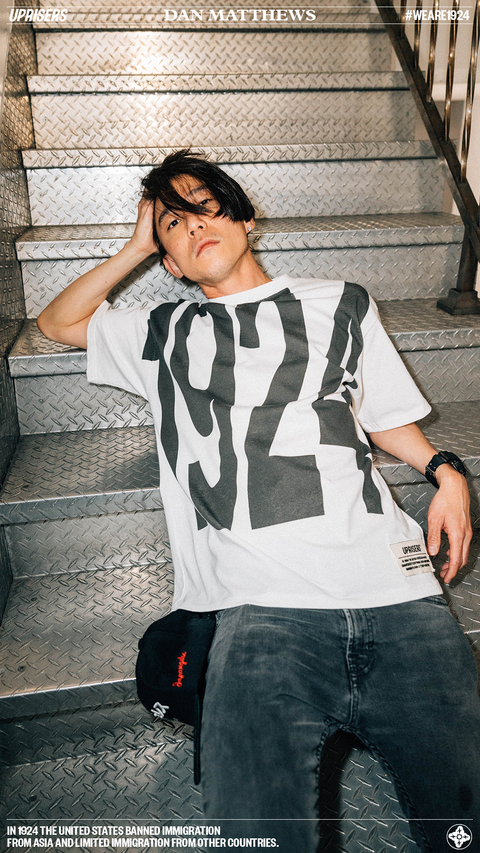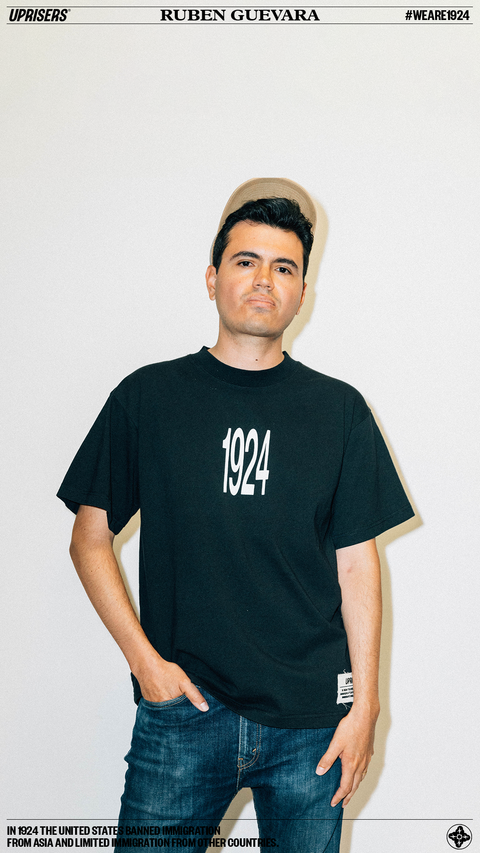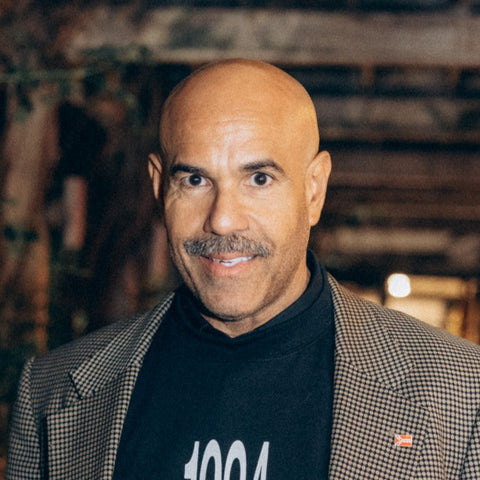
WHAT IS YOUR IMMIGRATION STORY?
Gilberto Pinela is the Director of the Office of New Americans.
I was born and raised in San Juan Puerto Rico. So, since 1959, we have been a second-class citizen, but we have been American citizens. When you're on the island, it's totally different because you feel you have those colonial roots and so forth. My family stayed on the island. They did not have a desire to come to the United States to live permanently until later in life. Because I uprooted my parents, I moved to New York at the age of 18, after graduating from high school because I thought, and I wanted to experience not only living in the mainland but also migrating for economic opportunity and upward mobility.
So, I lived in Puerto Rico, came from a shanty town, the projects, as my dad didn't graduate from high school, my mom did not complete second grade, they both were very capable, but my mom was a maid for a home. My dad was the janitor for one of the public utility companies in Puerto Rico. So, the aspiration was that I was going to stay in San Juan and that I was going to join the family tree which was either janitorial service or so forth. So not wanting to do that. I asked him as an only child that I wanted to move to the States to pursue higher education and also to pursue a better life that they could not afford to give me. I'm an only child and my mom had plenty of family that had relocated to New York. So, when I landed in New York City as a Puerto Rican, Islander with the cultural habits, and everything that you bring with you from, your birthplace, it was a very difficult, six months to a year because I had to adjust to this new cold weather life that I was living. But also, it was the first time that I was awaking to the exposure of what discrimination looked like. Being Afro Latino and being somebody with a heavy accent in New York City.
In 1981, it was a wake-up experience to the point that my aunt who helped raise me, took care of me what she did was, she lived in an Italian neighborhood and in that Italian neighborhood, she had a house. And every month, the Italian Neighborhood Association will come by to collect dues. And they had to hide me in one of the bathrooms in the basement so they would not find out that I was living there because if they found that there was a person of color living in one of the homes, they would burn the house down. And that happened to other families in that neighborhood. They discovered that there were people of color in the neighborhood then they burn the house down. So, I spent a period of two or three years before I joined the military living in those conditions and growing up with the awareness of what discrimination really feels like. Although I was a citizen by birth I was feeling as an immigrant because here I am in a new environment. I'm seen as an outsider, I have an accent, my culture older, New York is very Puerto Rican, there are many roots there but still coming from the island, it is a totally different experience from somebody who was born and raised in New York.
WHAT DOES YOUR CURRENT JOURNEY LOOK LIKE?

Because I'm an only child, I don't have any more immediate family. Both my parents passed, I uprooted them from Puerto Rico many years ago in 1998, and I moved them here to St. Louis to live with me because that was the only way I was going to be able to give them first class care. And then they passed. I buried them here so I could visit them. I'm paying respect.
So, me myself, I have a partner. Beautiful, absolutely beautiful man that I love and adore is from Minnesota, and he understands the Puerto Rican diaspora, and he's very much in support everything that I do. I work with immigrant communities. So, every time I have an opportunity to see a naturalization ceremony I always cry. Because I feel that, it's so close to home. Whether you are already a citizen and you don't need a passport, or a visa or some or something to come here. But it's so emotional to me. Thinking of a person living. A beautiful place that they call home and having to get on a plane or on a boat or even walk across the desert because their intention is to better their lives. It'll always makes me cry, the journey and the trials and tribulations that people pass my go through. My extended family is doing very well, they're very Americanized. I have zero generation moved here, Catholics on ten times, 10,000 babies. They grew to be doctors and sportscasters and influencers, and bankers and investment bankers and so forth and being in the military being general I have a mix of what the American dream brought to those family members for me. I have the most awesome opportunity in the world after being an entrepreneur here in San Luis. I have been able to be an entrepreneur. As I mentioned before, I have been able to be a television personality and represent my community and the community of foreign-born people on television and having the first foreign language television show in the state of Missouri, is something that I carry in my heart and that will always be there to say, Yes, I broke that barrier and now I'm working for the mayor of Saint Louis as the inaugural director of the Office of New Americans, which is how we came to this point and helping and seeing and experiencing and sitting down and seeing the desire of people that are coming from such a long distance to make this place home. It is just, to me, so moving and it inspires me, and it even makes me emotional. Now, because I just want to do what I can do in my capacity, to make sure that people that are coming here that are foreign born that are trying to make life but are immigrants feel like they are welcome. And that they belong here in St. Louis.
One of the projects that I'm working on as a director of the Office of New Americans is to meet with international students here in St. Louis that are coming in and they're having challenges finding internships. Because corporate entities are thinking my gosh, if we give them an internship, we're going to have to pay for everything and pay for their visa to stay here which is not true because everything is covered by the institution. And we came up with a challenge, we want to see corporate entities here in St. Louis and organizations, hire up to 20 international students as interns by July of 2025. We were in a room with 750 businesspeople here and we promoted the event, and we already got two corporate entities to say, we're going to step up. So yes, it is a very complicated thing. But if we work together with the business community and local governments are also open to be supportive and work with our higher education institutions, I'm pretty sure that we're going to meet that goal.
REFLECTIONS


